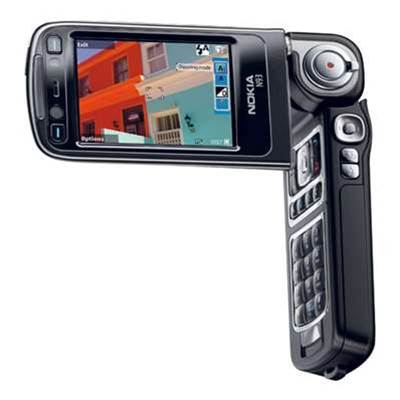
VMware claimed that MVP should enable handset makers to bring devices to market faster, as the operating system and application stack need not be tied to the phone's underlying hardware, as is currently the case. It should also enable greater security by allowing some services, such as authentication and billing, to be isolated from the rest of the handset.
"We see it as the next step in the progression we have been making from servers to desktops and onwards," said Fredrik Sjostedt, VMware director of marketing for EMEA.
Sjostedt said that MVP works in a very similar way to virtualisation on x86 PC systems, with a hypervisor sitting between the hardware and the operating system. In this case, it is a very lightweight solution that is less than 20kB in size and "imposes a tax on the CPU of 2 percent at most."
The technology is based on that of a firm called Trango Virtual Processors, which VMware has just acquired.
For businesses, MVP will allow IT departments to deploy a corporate phone 'personality' that can run alongside the employee's personal phone on the same physical device, according to VMware.
"From a corporate perspective, it makes it possible to have a shield between the corporate profile with Exchange and CRM, and a worker's personal mode with their own contacts and music with no linkage between the two," said Sjostedt.
The technology will also make it easier for users to migrate applications and data to a new handset simply by copying the files that make up their profile.
Sjostedt said that VMware has been seeing "a lot of interest" from handset makers in MVP, but declined to name any vendor that has committed to using the technology. He likewise declined to offer a timeframe for when any handsets using MVP are likely to be available.
"That's up to the handset makers and depends on when they can integrate this into their designs," he explained.
While MVP is likely to have support for Windows Mobile and Symbian – Trango is a member of the Symbian Foundation – Sjostedt said that the value of the technology was in enabling functions to be partitioned away from each other, so that services such as an electronic wallet and security certificates can each live in their own self-contained profile.
"We're breaking down the idea of the monolithic mobile operating system," he said.
Virtualisation is becoming a widespread technology on desktops and servers, but putting it into devices as small as phones is a new move for VMware, and Sjostedt was unsure what kind of impact this might have on the specifications future handsets would require.
"It would depend on the workload," he explained, adding that the trend is already there for more and more powerful handsets. "Moore's law still applies, and we’re not expecting it to slow down just yet," he said.


_(28).jpg&h=140&w=231&c=1&s=0)

_(36).jpg&h=140&w=231&c=1&s=0)





 iTnews Executive Retreat - Security Leaders Edition
iTnews Executive Retreat - Security Leaders Edition
 iTnews Cloud Covered Breakfast Summit
iTnews Cloud Covered Breakfast Summit
 The 2026 iAwards
The 2026 iAwards












_(1).jpg&h=140&w=231&c=1&s=0)



